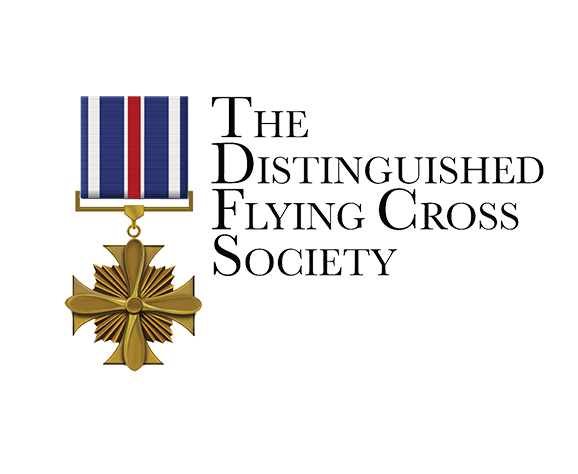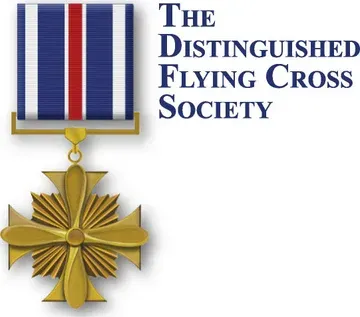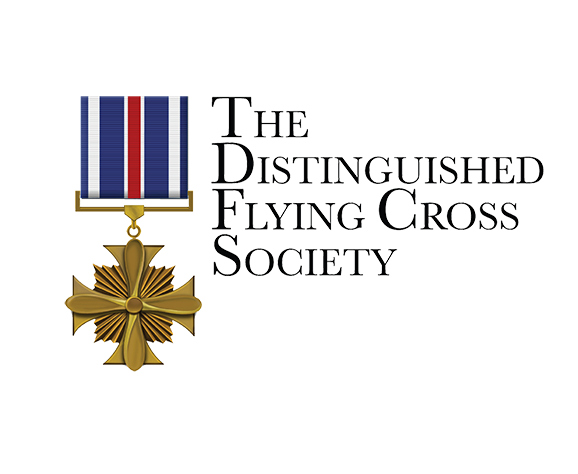Robert Wesley Covey
AWARDED DFC:
1
CONFLICT/SPACE FLIGHT/EVENT: -
MODEL: -
Citation: 1.) The destruction of at least five enemy trucks. Lieutenant Commander COVEY's superior airmanship, aggressiveness, and extraordinary courage in the face of determined enemy opposition reflected great credit upon himself and were in keeping with the highest traditions of the United States Naval Service.


